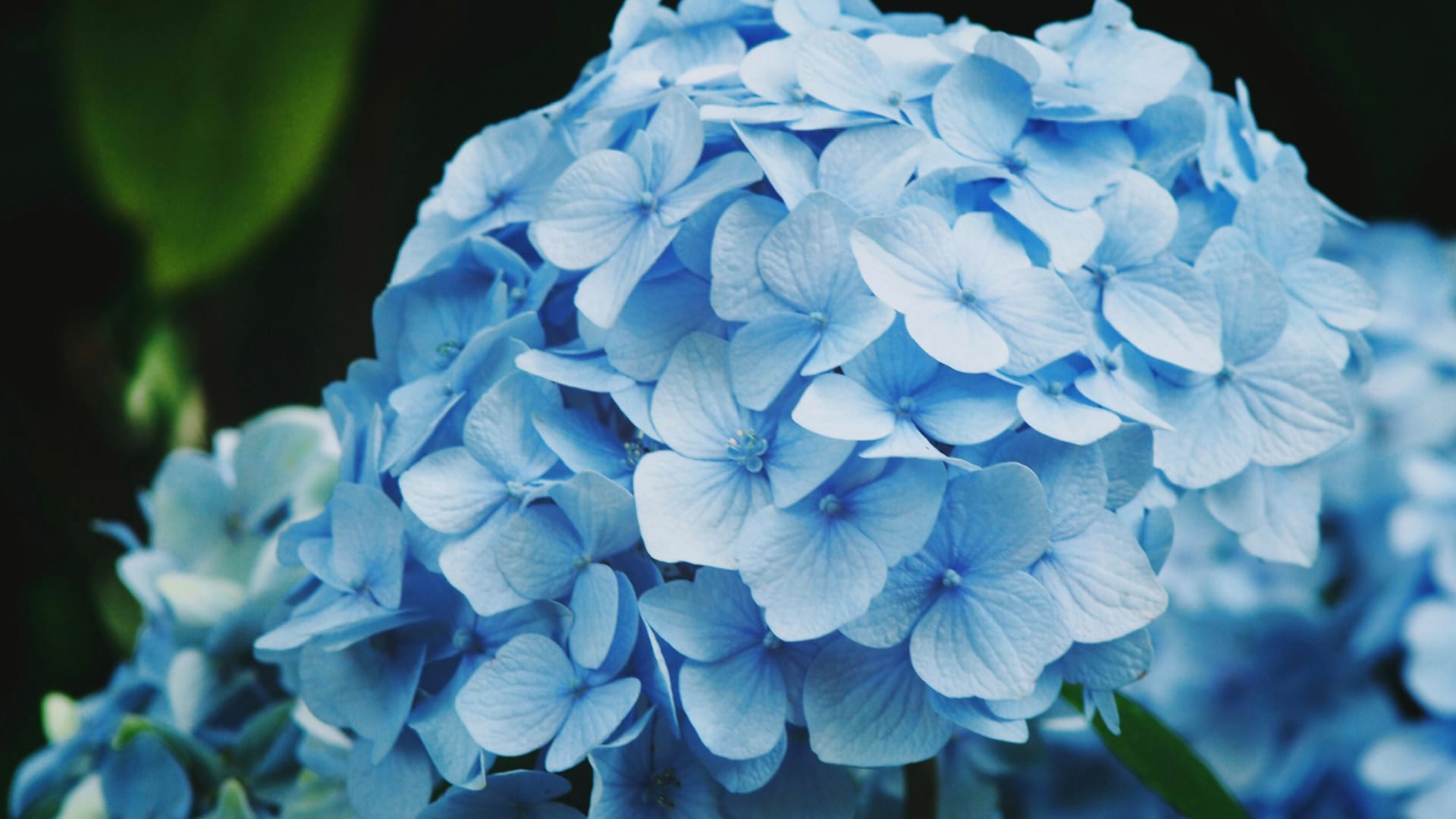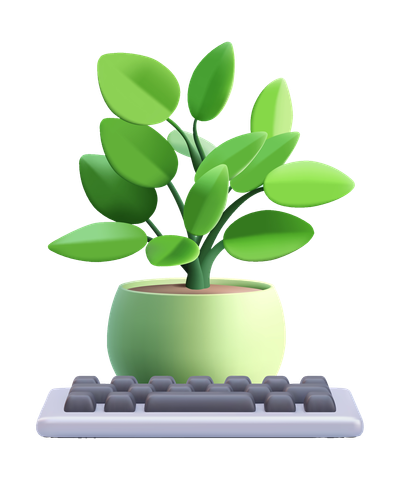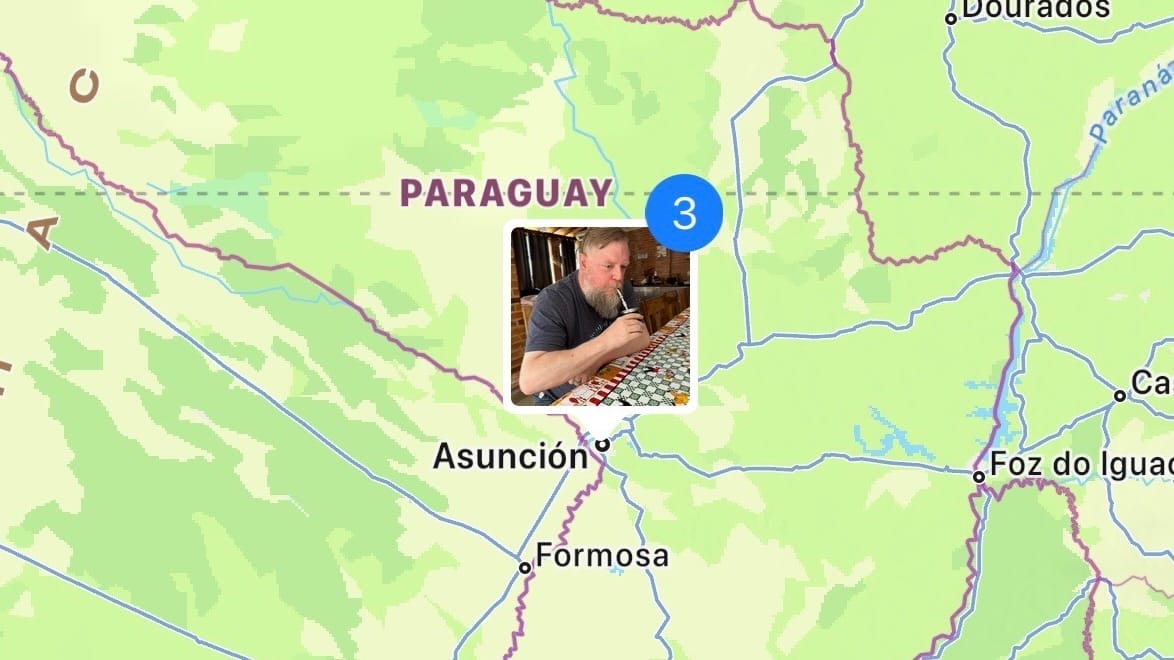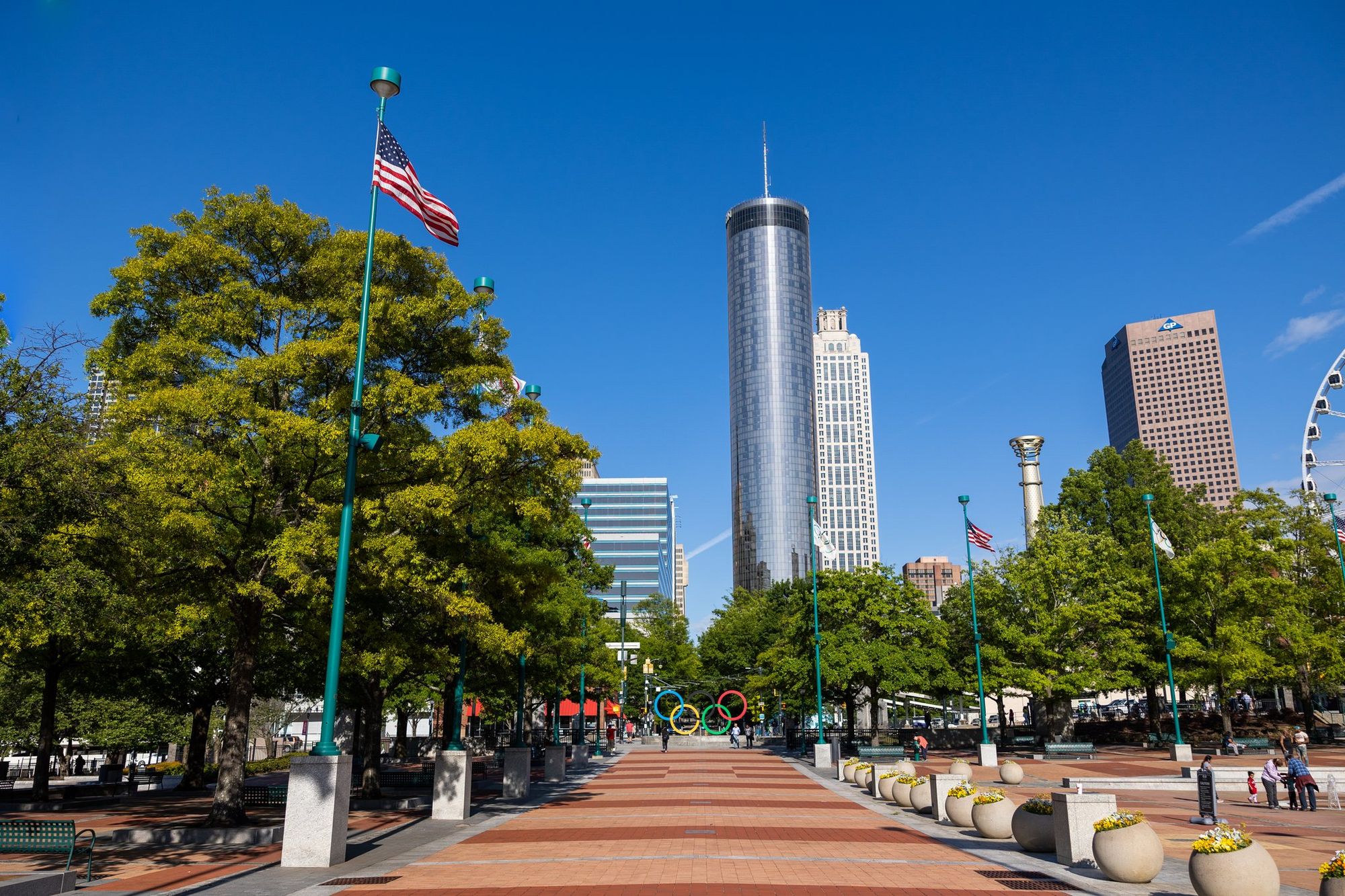A Gardener's Reward

I had the privilege of sharing my Gardener's Reward lightning talk at RailsConf 2024 in Detroit this week. It's based on a post I wrote a couple of years ago called When a Flower Doesn't Bloom. My friend, Fito, was kind enough to record the talk. The transcript is below the video.
Drew Brag: "Alan, take it away!"
Alan Ridlehoover:
Hello! I'm Alan. I'm with Cisco Meraki. And, before I begin, I want to say a heartfelt thank you to both Ruby Central, the organizers, and all the volunteers – I see several in the room – thank you! [Applause] And, also, thank you to everyone here! This conference wouldn't have been the same without you. Sincerely, each individual. I mean it.
Ok. I want to talk about gardening real quick.
There's this amazing quote by Alexander Den Heijer, that goes like this: "When a flower fails to bloom, you change the environment in which it grows, not the flower."
Now, when I first came across this quote, it really resonated with me. But, there were some folks who expressed alternative viewpoints. For, example, some were of the opinion that you should find a different flower. That, if the flower wouldn't grow in your garden, just go get a different one that is compatible with your garden.
Second, others questioned why the flower's entitled to special treatment. All the other flowers are doing just fine. Why does this flower need to be treated any differently?
Now both of these perspectives are... they come from a fixed mindset. They assume that the garden cannot or should not be modified in order to accommodate the flower.
But, I contend that to be a successful gardener, you need to take on a growth mindset. You need to believe the flower can actually bloom. And, you need to want it to happen, which shouldn't be that hard, because you chose the flower. It's this belief and desire should make... that should motivate you to invest time and energy into making the garden compatible with the flower.
And, there's so many ways you can do that! As a gardener, you are empowered to change the garden, any way you want. You can take action, or not. You can fertilize the soil, or not. You can water the flower regularly, or not. You can transplant the flower to a sunnier or shadier spot in your garden, or not.
Rather than trying all of those different approaches, though, that may have worked with other flowers in your garden, start by understanding the unique needs of this specific flower. Understand, because every decision or indecision that you make is going to have an impact on how well that flower is thriving in your garden.
It's hard work. But, when a garden stays... When a gardener pays attention to the unique needs of every individual flower, the results can be spec... spectacular. Just look how vibrant this garden is. That's the gardener's reward. Seeing the flowers thrive, knowing what it took to enable each of them to bloom.
So, hopefully by now you realize I'm not talking about flowers. [Laughter] But, just to be clear, I'm going to drop the metaphor. [Laughter]
Folks, the flower is a person with the potential to grow. The garden is their team. A team with the potential to perform. And, the gardener? That's the person who enables the individuals on the team to reach their full potential together, by... by tending to every individual's unique needs.
So, let me ask you, who is your gardener?
And, whose gardens are you tending?
...
And, since I have a little bit of extra time, go ahead and scan my QR codes. [Laughter]
Thank you. [Applause]
Here's the deck:
No spam, no sharing to third party. Only you and me.








Member discussion